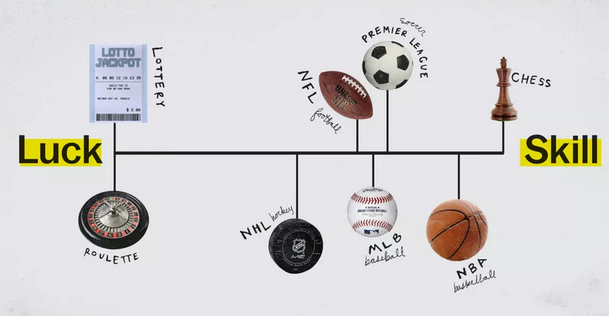Generally I prefer not to comment on “news”, and I will continue that trend here. But we all know gun violence in the US is bad, right? You don’t need to pay attention to the news to know that! You can just read Wikipedia. (And I’m being lazy in my research to demonstrate just how easy it is to find this stuff.)
In 2013, there were 73,505 nonfatal firearm injuries (23.2 injuries per 100,000 persons), and 33,636 deaths due to “injury by firearms” (10.6 deaths per 100,000 persons). These deaths included 21,175 suicides, 11,208 homicides, 505 deaths due to accidental or negligent discharge of a firearm, and 281 deaths due to firearms use with “undetermined intent”.
This is vastly higher than it is in other wealthy countries, and it’s only gotten higher in recent years. I used to think that the death rate by guns must be dwarfed by that of car crashes, but no, it’s actually quite comparable (although with a lower injury rate):
In 2010, there were an estimated 5,419,000 crashes, 30,296 deadly, killing 32,999, and injuring 2,239,000.
Here’s what’s not comparable: number of deaths by mass shootings. If you only pay attention to mass shootings in the news, this will vastly underestimate gun violence in the US.


